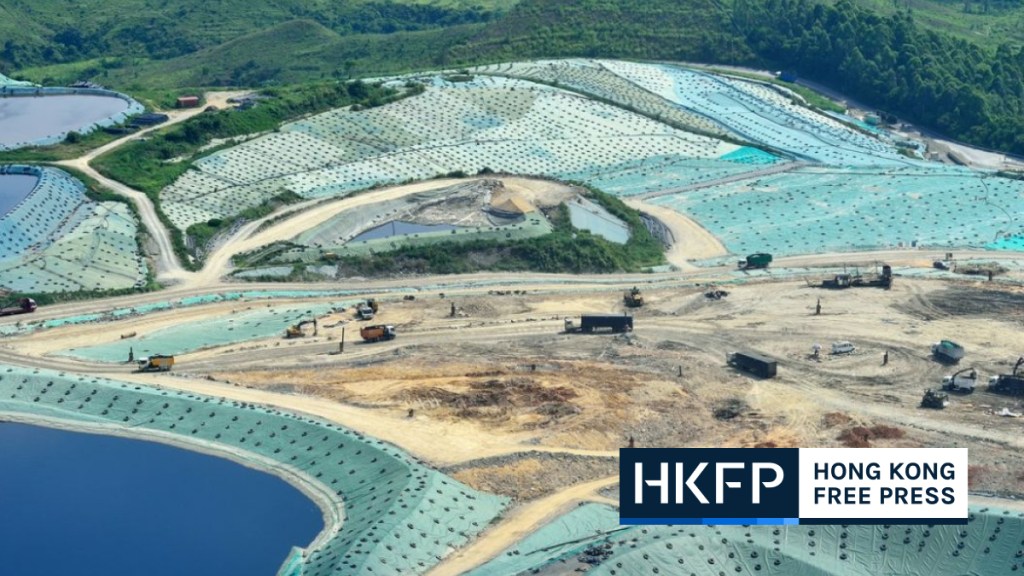
24th August 2023 – (Tokyo) Japan’s recent decision to release wastewater from the Fukushima Daiichi Nuclear Power Plant into the Pacific Ocean has sparked a heated debate among experts. While some argue that it is a common practice in the global nuclear industry, others express concerns about potential risks and the lack of exploration of alternative solutions. As the operation commenced on Thursday, opinions remain divided on the matter.
The Fukushima Daiichi Nuclear Power Plant suffered a catastrophic meltdown in March 2011 following a massive earthquake and subsequent tsunami. To prevent further damage, the plant’s operator, Tepco, has been pumping water into the reactors for the past decade, accumulating approximately 1.34 million cubic meters of water. However, with limited storage space available, the Japanese government approved the plan to release the wastewater as part of the plant’s decommissioning process two years ago.
Associate Professor Nigel Marks, an expert in physics from Curtin University, supports the decision and commends the approach taken by parties such as the International Atomic Energy Agency (IAEA) and the Japanese authorities. According to Assoc Prof Marks, the plan is scientifically and technically sound, as confirmed by numerous experts familiar with the situation. He emphasizes that similar practices have been implemented in other nuclear plants worldwide, despite the initial negative perception associated with releasing wastewater into the ocean. Assoc Prof Marks asserts that considering the challenging circumstances, the Japanese government has chosen the best course of action available.
However, Dr. Tilman Ruff, the immediate past co-president of the International Physicians for the Prevention of Nuclear War, remains unconvinced about the process. He highlights the absence of explicit approval or support from the IAEA and questions the effectiveness of the purification system in removing radionuclides other than tritium from the storage tanks. Dr. Ruff suggests that Japan’s decision is based on incomplete information, and alternative options, such as long-term storage in purpose-built tanks or utilizing the water for non-polluting applications like producing mortar or concrete, have not been adequately explored. He argues that exposing large numbers of people to small doses of radiation over an extended period could have preventable biological consequences.
Dr. Ruff further criticises the Japanese government for not conducting a comprehensive examination of all feasible options and failing to fulfil its legal obligations under the London Convention and the United Nations Convention on the Law of the Sea. According to him, Japan’s decision violates these international commitments, which prohibit the discharge of land-based sources of pollution, including radioactive material, into the ocean. He considers the approach taken by Japan as outdated and lacking transparency and accountability.
Associate Professor Marks, however, dismisses Dr. Ruff’s concerns and expresses disappointment with the reports from the Pacific Island Forum, which Dr. Ruff had cited. Assoc Prof Marks notes that the panel consisted of five members, with four of them vehemently opposing the release of wastewater. He highlights that one of the panel members is an anti-nuclear activist, indicating a biased perspective. Assoc Prof Marks argues that some proposed alternatives are impractical and lack scientific basis. For instance, he points out that a significant portion of water used in concrete production evaporates during the process.
The decision by Japan to release the Fukushima wastewater has also drawn criticism from neighbouring countries. China’s Vice Foreign Minister, Sun Weidong, called on Japan to cancel the plan, while South Korea expressed non-active support but accepted the findings of the IAEA. Assoc Prof Marks believes that politics plays a significant role in shaping the opposition to Japan’s decision. He suggests that South Korea’s delicate position stems from domestic political considerations and the concerns voiced by the opposition party, which has alarmed local communities. China has consistently criticized the plan, despite regularly releasing tritium into waterways within its own nuclear industry. Assoc Prof Marks argues that Japan’s approach is cautious and falls within globally accepted safety standards.
The post Controversy surrounding Japan’s decision to release Fukushima wastewater into the Pacific Ocean appeared first on Dimsum Daily.











 English (US) ·
English (US) ·